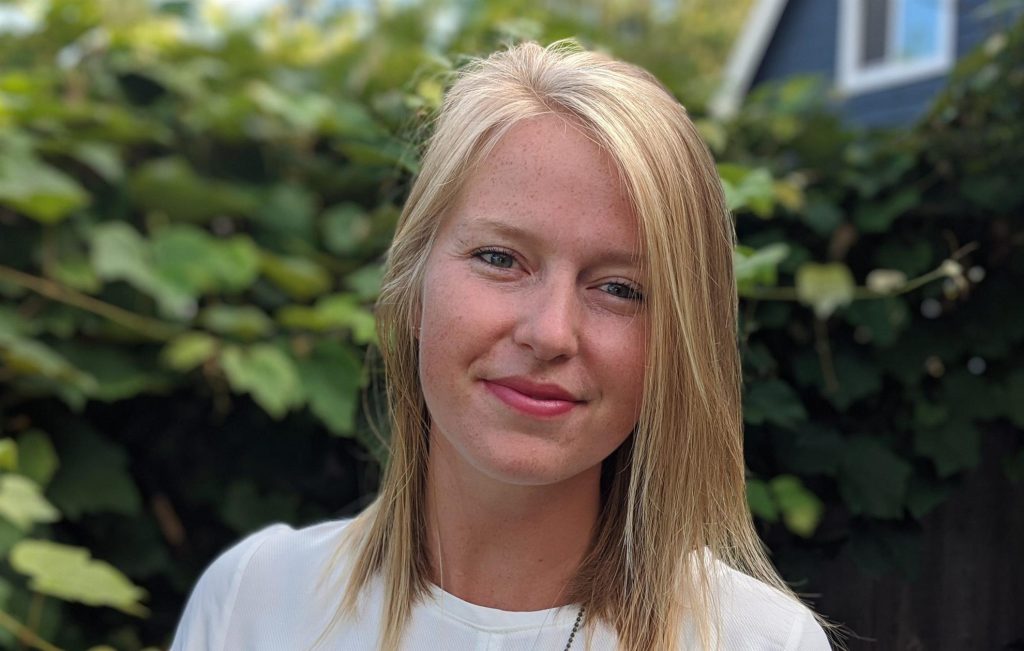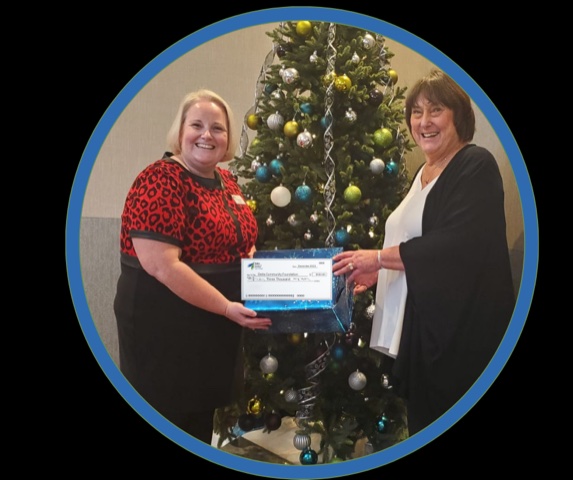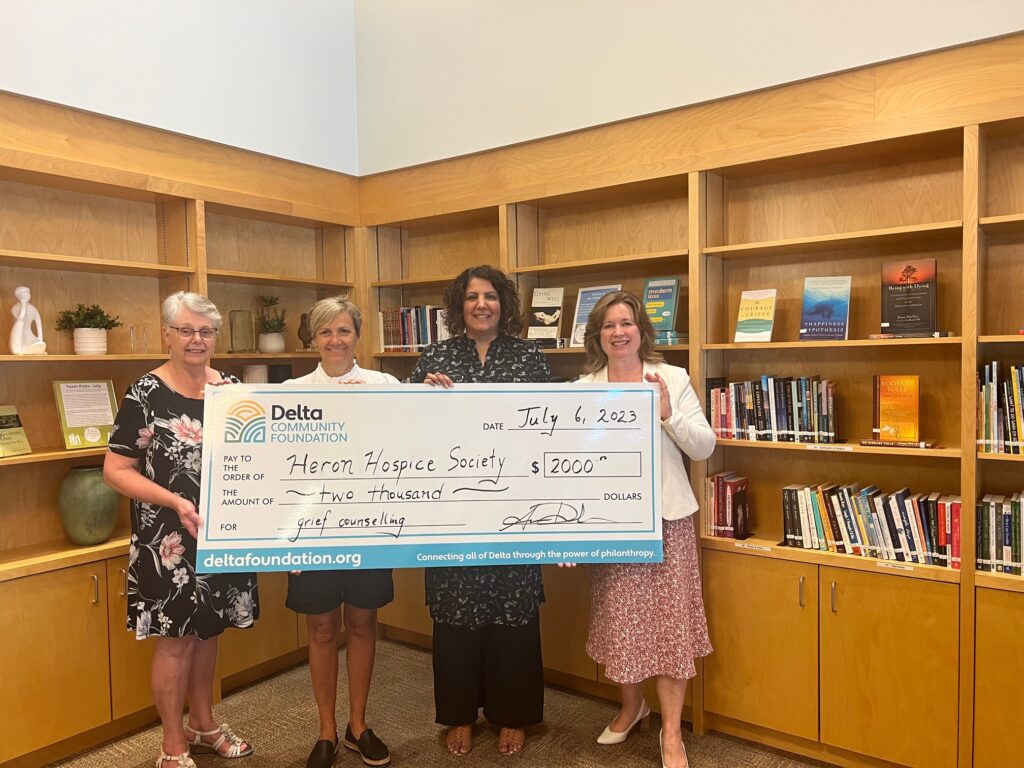
Connecting all of Delta through the power of philanthropy.
Caring. Compassionate. Community.
Next round of Neighbourhood Small Grants is open! Submit your application!
The Neighbourhood Small Grants Program offers a small grant of up to $500 to Delta Residents to bring a community project to life. Last year, the Delta Community Foundation helped to fund many fun neighourhood events in Delta through this program. Events all ranged in theme and size. There were many creative and educational gatherings that resulted. We encourage anyone with a fun idea that encourages the community to come together to apply!
Applications are currently being accepted for the Spring/Summer funding cycle. This round of NSG funding will be given out in July. To make an application visit the NSG website.
Thank you to everyone who attended the Estate Planning seminars offered in October and November of 2023, at Delta Funeral Home, Kin Village and McKee House, where Delta Community Foundation Director, Carlene Lewall, discussed Legacy Giving through Donor Directed Funds and Endowments. If you are interested in more information about upcoming Estate Planning seminars or would like a representative from the Delta Community Foundation to speak at your event, email us at [email protected]
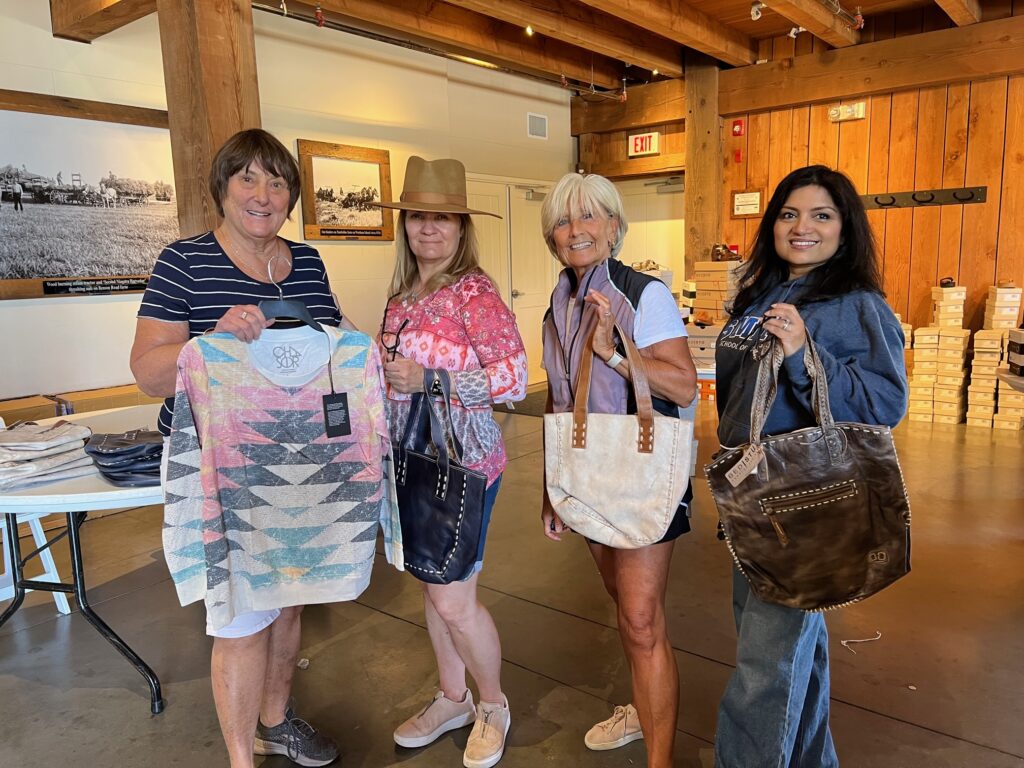
A successful Mother’s Day was had by all!
It was a great way to spend time with Mom. The Delta Community Foundation’s spring warehouse sale, May 12-14, 2023 was a great weekend of shopping, with the added bonus of $30,000 in proceeds going towards charities in Delta, through The Delta Community Foundation.
In partnership with Evolution Fulfillment, Apeship Courier & Freight, and the City of Delta, the prior two warehouse sales in 2022 were great successes, attracting over 400 shoppers from throughout the Lower mainland to The Harris Barn in Ladner. All funds raised went towards the DCF’s Community Support Fund. This fund is used to support smaller charities in Delta and provides opportunities for the Delta Community Foundation to respond to urgent needs across our communities.
The Harris Barn in Ladner, provided an ideal venue for this sale. The location had ample free parking and a wide open space that accommodated many shoppers. Visitors got to choose from racks of clothing, accessories, and household items that were marked up to 75% off retail prices. Past product highlights included the popular Chaser brand of t-shirts, Lack of Colour hats, Gentlefawn clothing, induction cooktops, and premium bedding.
“The Delta Community Foundation was overwhelmed with the support from the community in the Spring and Fall warehouse sales. Thanks to that support, sales generated over $90,000, which was used to fund critical initiatives in Delta through the Delta Community Foundation’, said Foundation President, Gail Martin. She adds, “The successful sales can be attributed to the important partnerships with local businesses and the commitment of volunteers who generously donated their time and energy. Thank you to everyone who made, and continues to make, events like these possible”.
At the end of 2023 the Delta Community Foundation partnered with Fields stores to sell the remaining inventory.
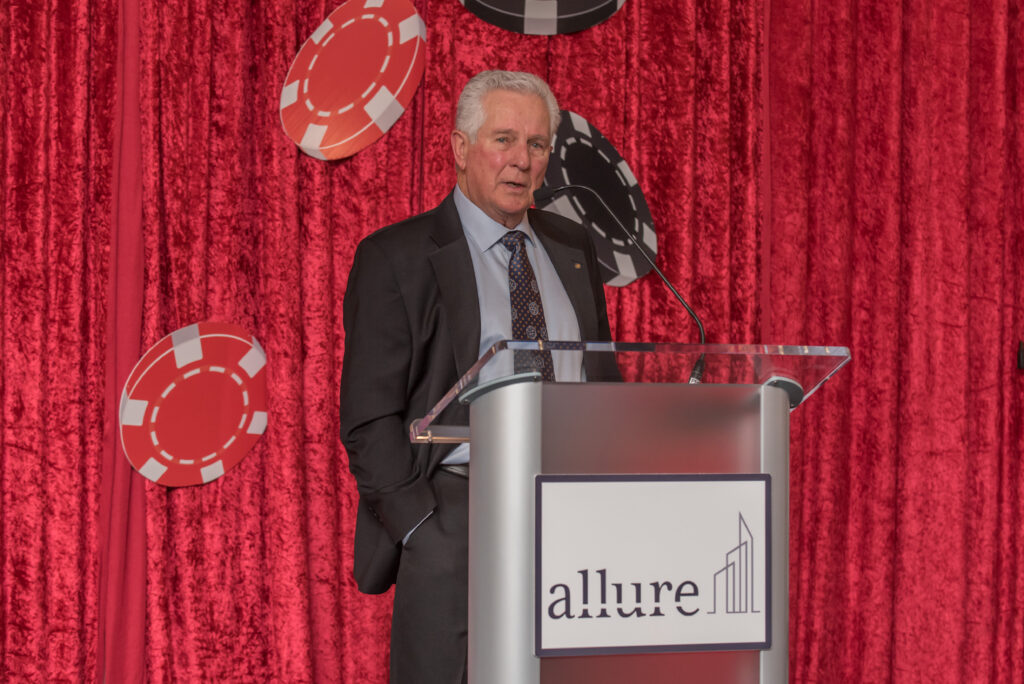
Give from the Heart Gala
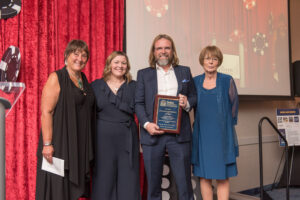

Delta Community Foundation Hosted a Successful Fundraising Gala.
DELTA, British Columbia – The Delta Community Foundation hosted a sold-out inaugural fundraising gala at the new Cascades Casino on February 11th 2023.
Thank you, Delta! The Give from the Heart Gala was an evening filled with great food, friends, entertainment, and the joining together of charities and grant recipients who have received funding from the Delta Community Foundation. While the results are still being tabulated, the event was a huge success! All funds raised will bring your community foundation closer to our goal of growing The Community Support Fund, creating resources for charities in Delta and an opportunity to respond to urgent needs across our communities.
Attendees enjoyed a casino-themed event that opened with a lively performance from two Vegas-style Showgirls, followed by heart-warming stories of community outreach and humanitarian efforts enabled by our generous supporters and donors, a delicious dinner, and an exciting silent and live auction event offering a diverse selection of generously donated art, local services, wine, and hospitality. Every ticket and winning bid will go directly to support the foundation and those most vulnerable in our beautiful neighbourhoods.
“The inaugural Gala of the Delta Community Foundation was a resounding success thanks to the hard work of the many volunteers, the sponsors who gave financial support and the people who attended. A huge thank you to all who helped make it an evening of fun, inspiration, celebration and hope for those in our community who need help to bridge societal gaps.”, said Delta Community Foundation President, Gail Martin.
For more than 35 years, the Delta Community Foundation has been the only charity that gives to all other charities in Delta, through administering community donations, the creation and administration of Endowments, as well as providing an opportunity for community involvement through addressing local needs with the Neighbourhood Small Grants Program. Since the launch of the Fund Building Campaign in 2022, the Foundation has raised over $700K through the generosity of the community.
Donors have made it possible for the Foundation to fund initiatives, charities and non-profit organizations operating in sectors such as mental health, education, arts, culture & heritage, children & youth, environment, food security, Indigenous initiatives, neighborhoods, seniors and much more.
Thank you to all our generous donors, esteemed guests, volunteers, gala organizing committee, and our amazing sponsors who helped make this magical evening a celebrated success! To support the Delta Community Foundation visit www.deltafoundation.org
To view photos from the event click here
Welcome to the Delta Community Foundation.
We are committed to improving the lives of everyone across Delta through the power of giving. Since 1986, we have returned $1.2 million to the community through grants, scholarships and bursaries. We’ve supported people and organizations from North Delta, Ladner and Tsawwassen who are dedicated to making Delta a better place for us all.
Find out why we’re called Delta’s “charity for charities” and how your gifts can keep on giving, forever, to the charities and causes you care about the most.
DCF News and Events
Delta Chamber of Commerce is spreading the holiday cheer
The Delta Chamber of Commerce is spreading the holiday cheer with a $3000 donation to the Delta Community Foundation this season. Delta Chamber of Commerce Executive Director, Jill McKnight, presented this cheque to Delta Community Foundation Director, Carlene Lewall, from the recent Business
